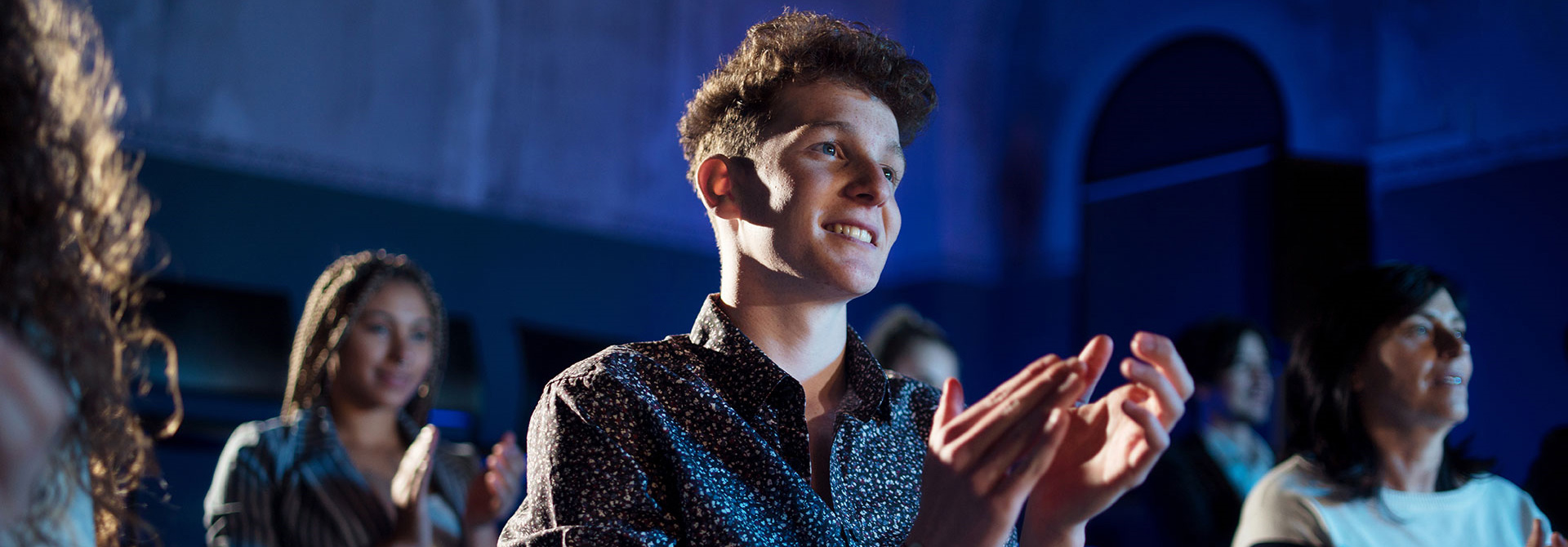About the event
An informed society is an enabled society
The possibility for all individuals to access and apply information about food, health, jobs and learning opportunities is vital for individual development. Opportunities to find and use public information underpins accountability and transparency. The opening up of research information drives innovation.
Inequalities in this access risk leading to inequalities in outcomes across the SDGs.
Meanwhile, governments also benefit from meaningful access to information, supporting better decision-making on behalf of thousands or millions. In turn, those who are governed can only fully hold those in powerto account if they know what is being done in their name.
The urgency of addressing shortcomings and inequalities in information access has only become clearer with COVID-19. We have seen positives, such as the research cooperation that has allowed us to understand the virus better and develop vaccines, but also negatives, such as the damage caused by
misinformation, underlining the need for greater critical thinking.
This session will therefore make the case for viewing information, including both access to it and the skills to use it, as a driver of recovery in the short term, and an accelerator towards UN 2030 Agenda success.
Through an interactive conversation focused 2021's highlighted SDGs, it will draw on examples of efforts taken, from the level of UN agencies to local libraries, to provide the possibilities, spaces and skills to use knowledge to drive equitable progress. It will consider the lessons we have learnt from
COVID-19, and then discuss recommendations on how governments can best realise the potential of access to information to drive effective responses to, and recovery from, the pandemic.
International Federation of Library Associations and Institutions (IFLA), UN Library, Geneva


